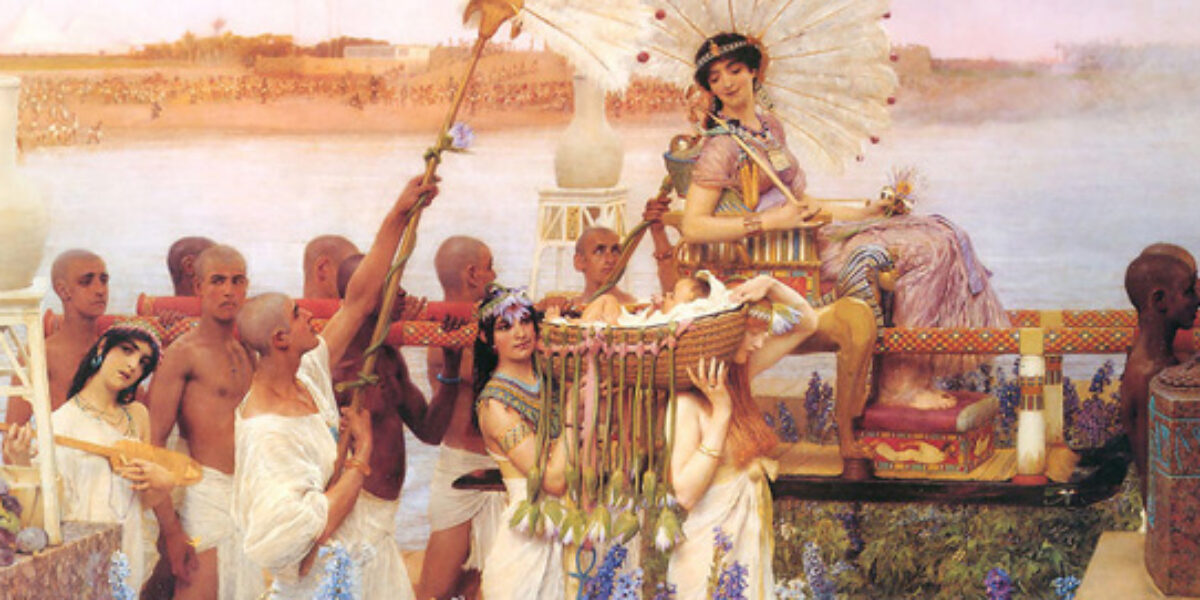He parted the Red Sea, received the Ten Commandments and saw the face of God. Learn more about this leader and his faith.
Moses was born in Egypt to Hebrew parents but later was adopted by the Egyptian king’s daughter (Exod 2:1-10). Growing up in Egypt, Moses saw how cruelly the Egyptians treated the Hebrew people. One day Moses killed an Egyptian guard and escaped to the land of Midian, where the Lord told him to go back to Egypt to free the Hebrew people from slavery (Exod 3:1—4:17). He did return to Egypt and warned Egypt’s king that the Lord would send disasters on Egypt unless the king let the Hebrew people go free. Eventually, Moses led the people out of Egypt and through the Red Sea (Exod 5–15).
Moses was a great leader and a miracle-worker (Exod 15:22-25), but he had many other roles as well. He was the great “lawgiver,” chosen by the Lord to receive the Ten Commandments and other laws that were to guide the lives and worship of the Israelite people. These laws are described in detail in the books of Exodus (20–40), Leviticus, Numbers, and Deuteronomy. Moses is also described as a prophet, as someone who has a special relationship with God (Num 12:7; Deut 34:10), and who preached God’s words of judgment and promise to the people (Deut 7:12-15).
Though Moses is not called a “priest,” the Lord gave to him the directions for building Israel’s sacred tent and the rules that were to govern Israel’s worship and sacrifices. He also prayed to the Lord on behalf of the whole people (Num 14:11-20) and went to the sacred tent to meet the Lord (Exod 33:7-11).
Moses also decided legal cases, and he appointed judges to help him make decisions on the basis of God’s laws (Exod 18:13-26). Moses acted as a military leader when Israel had to battle unfriendly people on their way to the promised land of Canaan (Num 21:21-35).
The Lord did not allow Moses to lead the people of Israel into the promised land (Num 20:12; Deut 3:23-29), but Moses was able to look across the Jordan Valley from Mount Nebo and see the land that was to become the land of Israel (Deut 32:48-52).
The New Testament primarily refers to Moses’ role as “law-giver” (Matt 19:7; John 1:17; 2 Cor 3:7-14), but he is also described as an example of faith (Heb 3:2; 11:23-28) and as a prophet (Acts 3:22,23).




